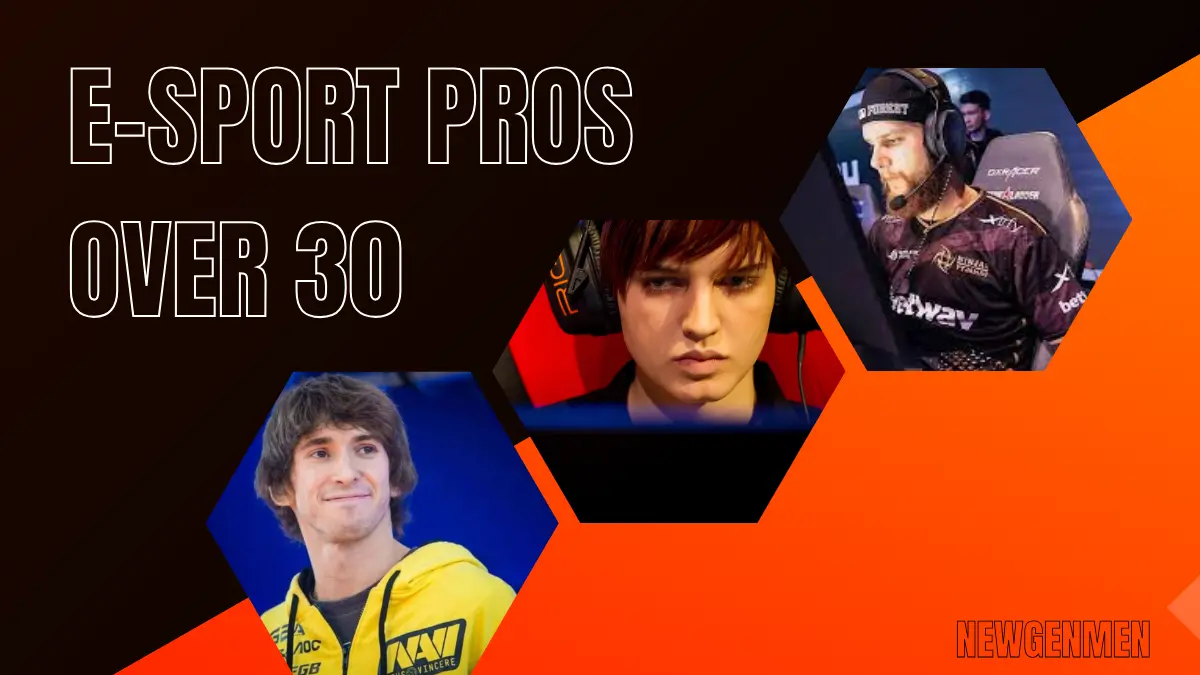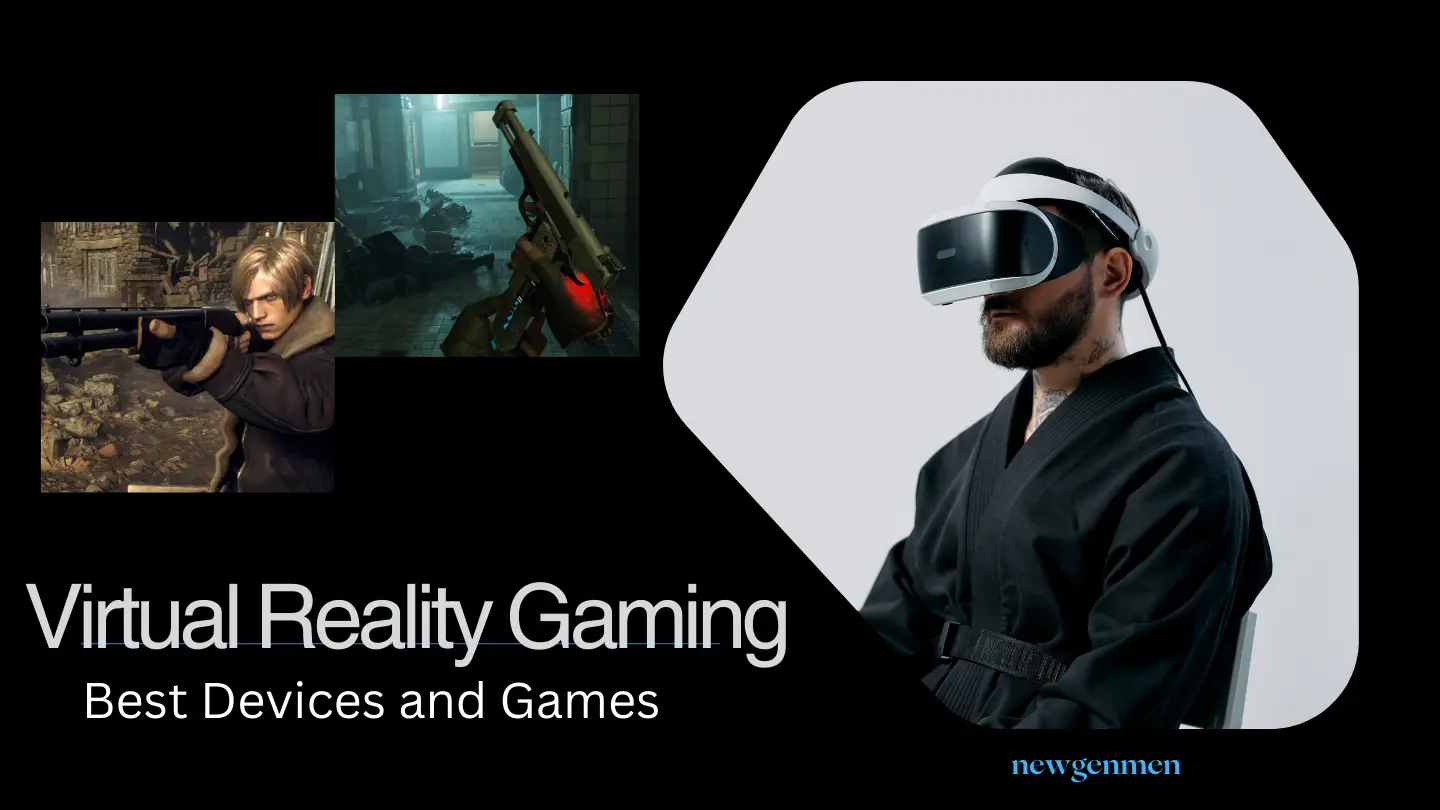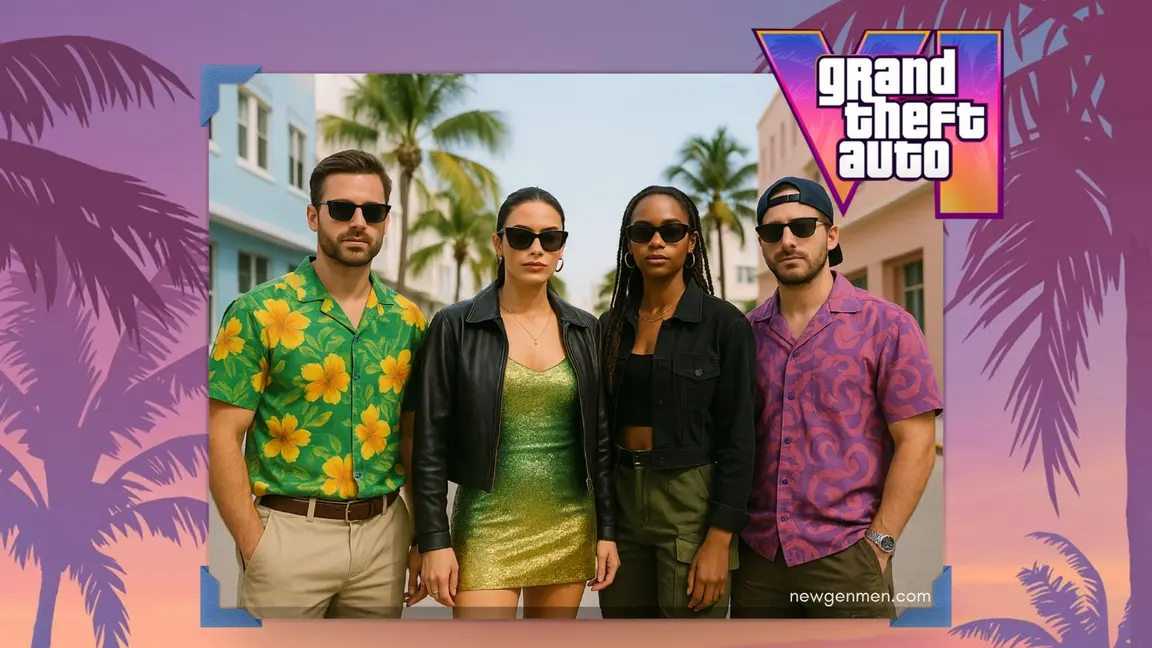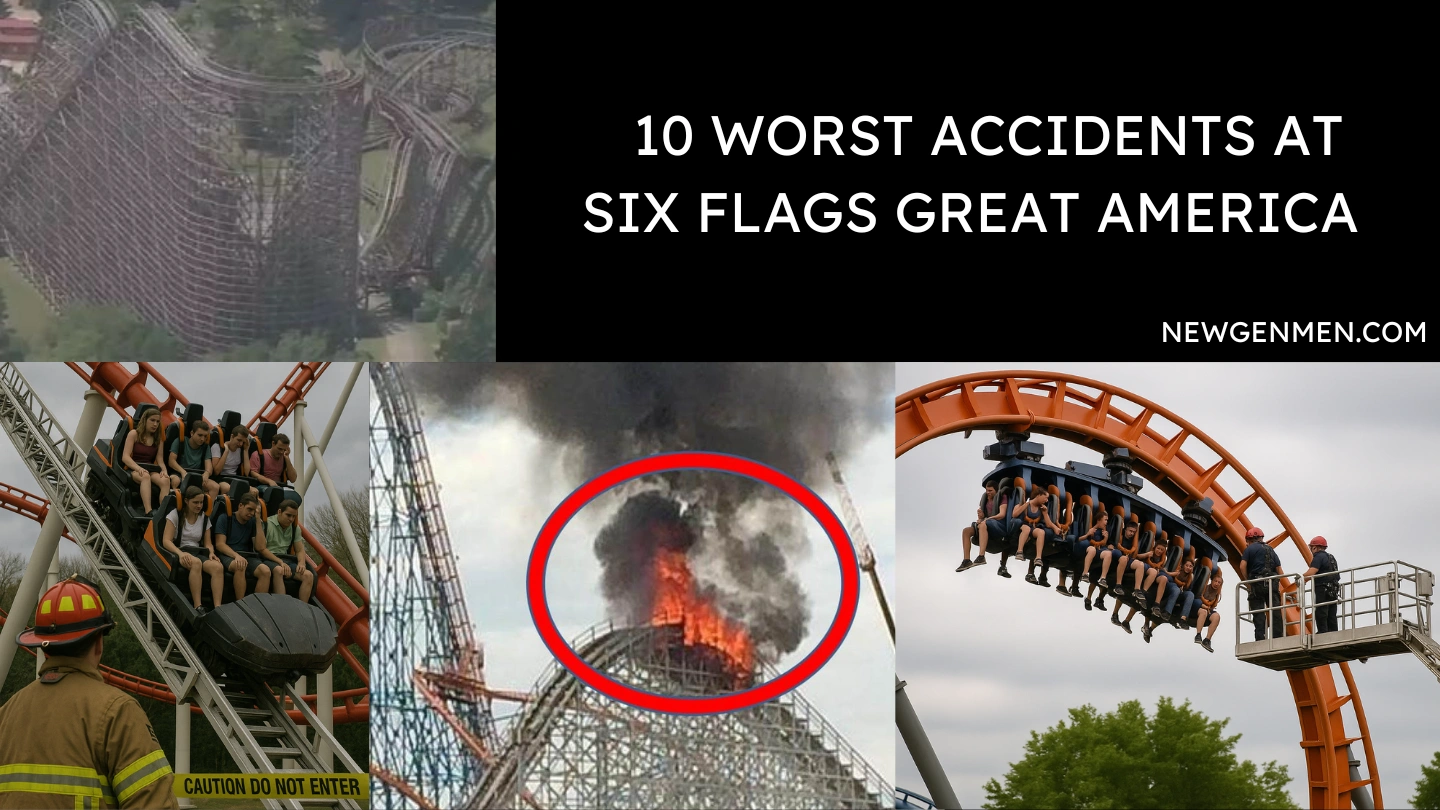When we think of esports, the image of young, lightning-fast players often comes to mind. While reaction times and reflexes are known to peak in one’s 20s, these esports professionals over 30 are proving that it’s not time to hang up your mouse and say GG.
These players prove that age doesn’t have to be a barrier to success in esports, and in this article, we’ll dive into their achievements and discuss how you, too, could get started on the path to esports success after 30.
Esports Professionals Over 30 Who Are Breaking the Mold
Several high-profile esports athletes over 30 are showing that experience can be a powerful advantage. Here are the top professional esport players who are over the age of 30, who are defying age and continuing to dominate:
Daigo Umehara, Age: 44
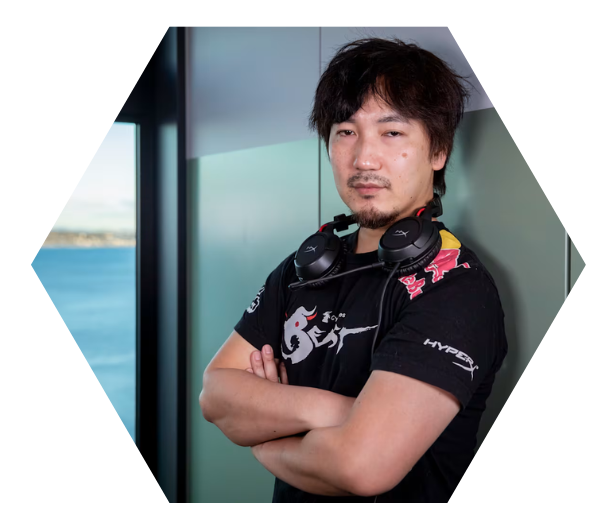
Known as “The Beast,” Daigo is a pillar in the fighting game community, particularly in Street Fighter. Competing well into his 40s, Daigo’s career spans over two decades, and he remains a formidable competitor. His strategic approach, unmatched experience, and fierce dedication make him an icon in esports, demonstrating that age is no match for skill and a lifelong passion for the game.
Dendi (Danil Ishutin), Age: 35
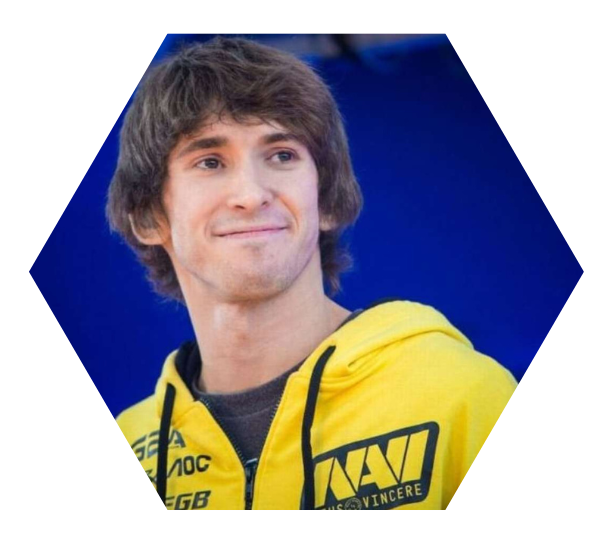
Dendi is one of the most beloved figures in Dota 2 and among the first esports stars to gain celebrity status. Known for his innovative Pudge plays and light hearted, positive charisma, Dendi has stayed active in the community long after his iconic days with Na’Vi. His continued involvement in competitive Dota and content creation has cemented his role as a legend, inspiring younger players and fans worldwide.
Olof “olofmeister” Kajbjer Gustafsson, Age: 33
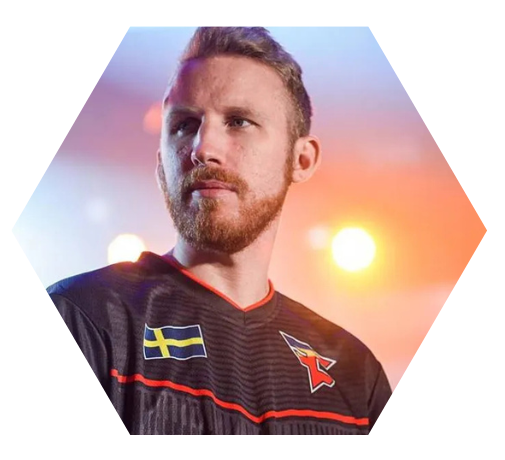
Swedish Counter-Strike legend olofmeister is known for his sharp aim and tactical playstyle, which have helped him maintain his competitive edge in an FPS genre where quick reflexes reign supreme. Olofmeister’s commitment to the game, even as he ages, speaks to his adaptability and resilience, showing that veteran players can continue to dominate in FPS titles.
Christopher “GeT_RiGhT” Alesund, Age: 35
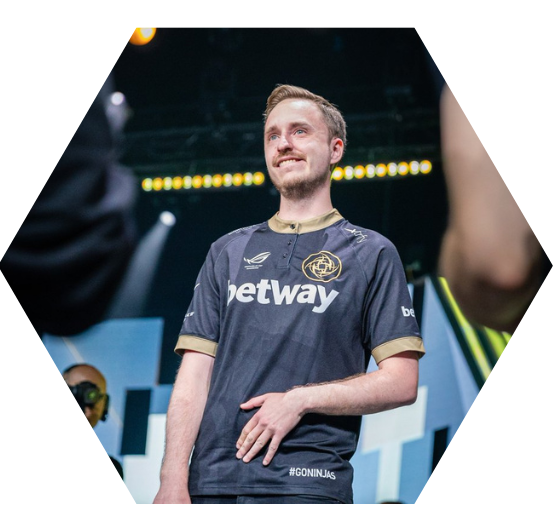
Another Counter-Strike veteran, GeT_RiGhT has become an inspirational figure in the CS community. Known for his strategic depth and consistency, he has shown that experience and mental resilience can rival raw reaction time. GeT_RiGhT’s journey has inspired many players to pursue long-term careers, proving that skill and dedication can keep you relevant in the competitive scene.
Tom “Tsquared” Taylor, Age: 36
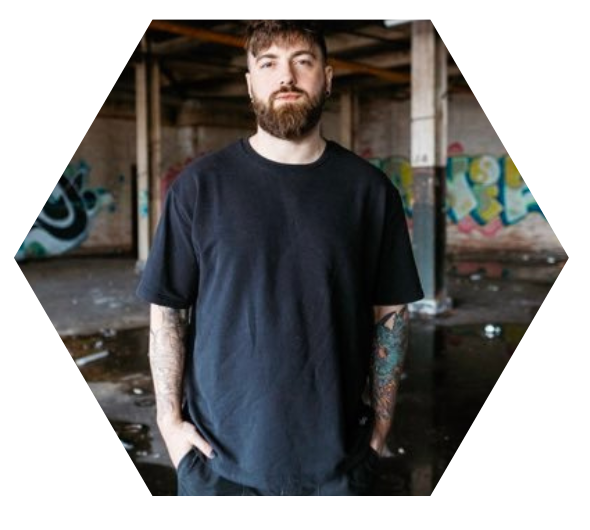
One of the most well-known Halo players, Tsquared’s name is synonymous with the early days of professional gaming. He had a successful career in Halo and continues to be involved in the community as a commentator and mentor. Tsquared’s journey reflects his enduring passion for the game, as he shares his wisdom and experience with both new and seasoned fans.
Adam “Armada” Lindgren, Age: 32
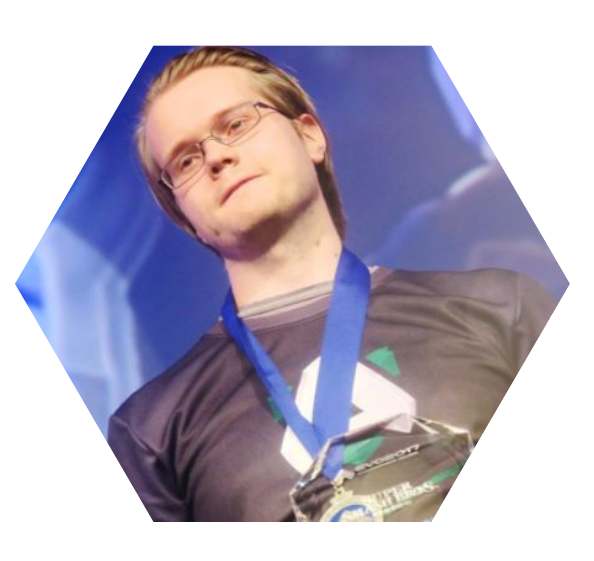
Armada’s legacy in Super Smash Bros. Melee is undisputed. Known for his meticulous and highly technical gameplay, Armada was a dominant force in competitive Melee before his semi-retirement. Though he now focuses on commentary and content creation, his impact remains strong in the community, inspiring countless players and setting a standard for skill and precision.
Jang “Moon” Jae Ho, Age: 38
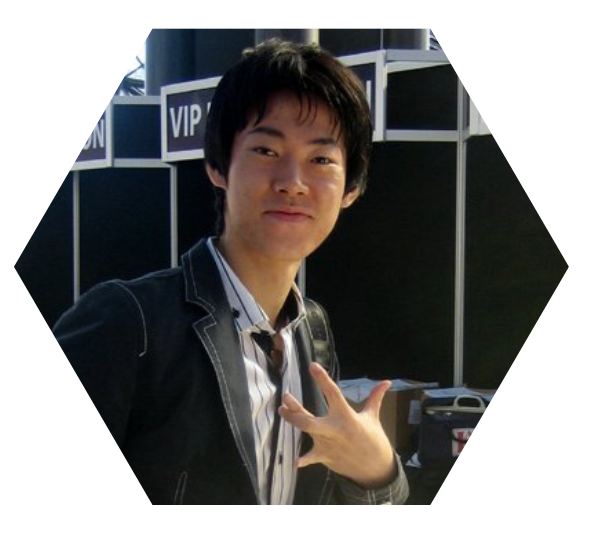
Often called the “5th Race” in Warcraft III for his extraordinary skills, Moon is regarded as one of the game’s all-time greats. His strategic insight, combined with his years of experience, make him a formidable opponent, even against younger players. Moon’s dedication to the game has shown that age is no barrier in strategy-based esports, where tactics and patience can trump raw reflexes.
Ryan Hart, Age: 45
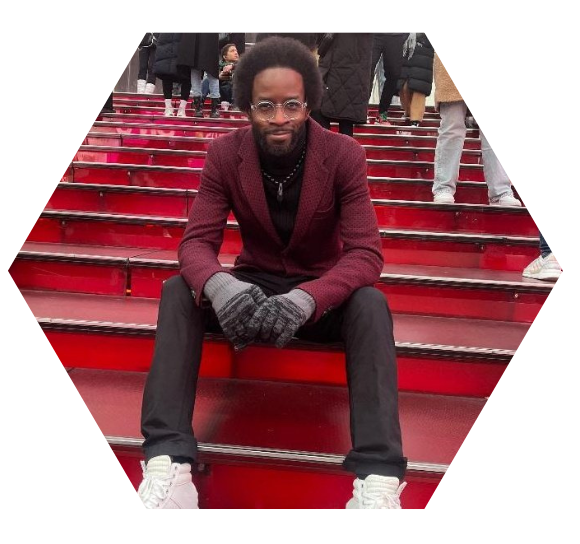
As one of the UK’s most iconic fighting game players, Ryan Hart has been competing for decades in titles like Tekken and Street Fighter. Known for his skill across multiple fighting games, Hart’s presence in the community has made him a source of inspiration worldwide. His continued participation in tournaments and influence in the scene demonstrate the value of long-term dedication to the craft.
Hajime “Tokido” Taniguchi, Age: 39
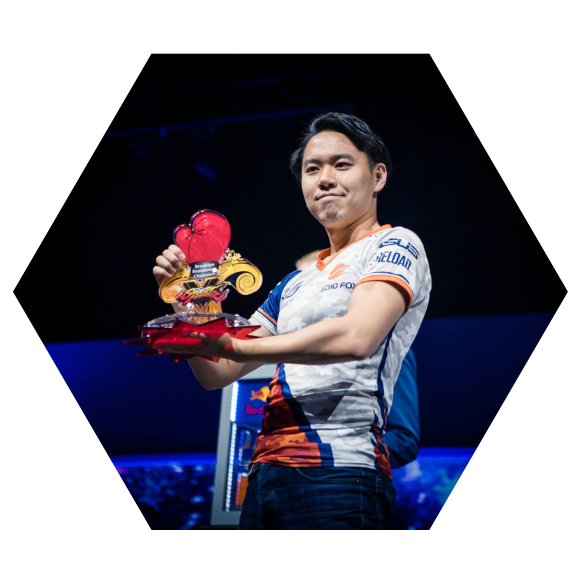
Known as “Murderface,” Tokido is a legend in the Street Fighter community. With incredible skill, focus, and determination, Tokido has remained at the top of his game well into his late 30s. His legacy as a fierce competitor and disciplined player has solidified his position as one of the most respected figures in fighting games, showcasing that true dedication can transcend age in esports.
Patrik “f0rest” Lindberg, Age: 36
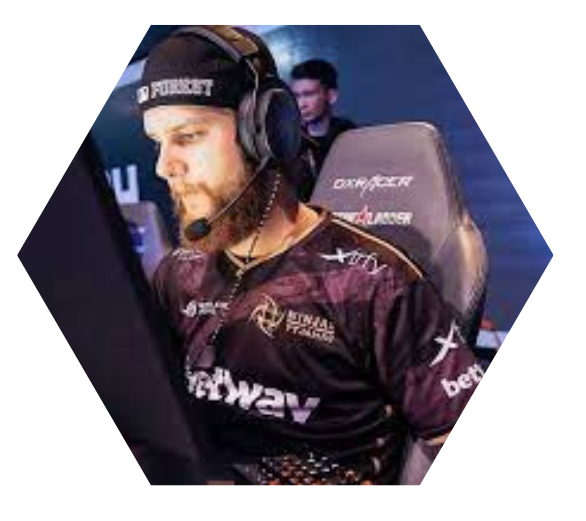
A legend in the Counter-Strike scene, f0rest has competed professionally for almost two decades. Known for his adaptability and mechanical skill, he remains a top-level CSplayer and a source of inspiration for fans and younger players alike, showcasing that longevity and dedication can thrive in the FPS genre.
Kurtis “Toyz” Lau, Age: 33
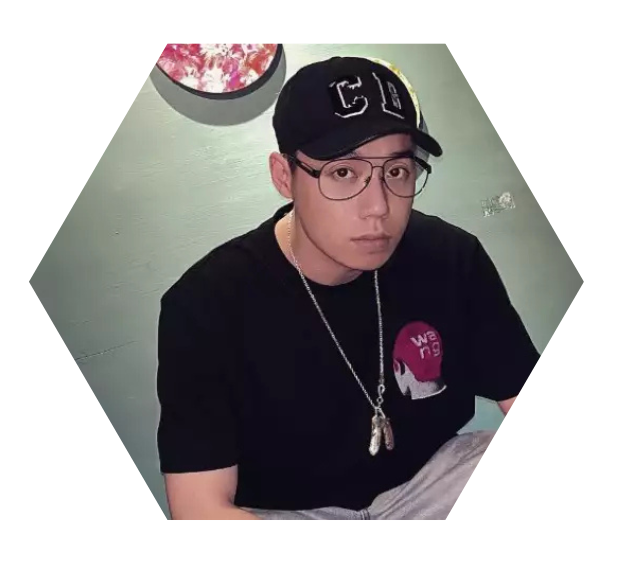
Famous for his role as the mid-laner for Taipei Assassins, Toyz helped his team secure the Season 2 World Championship in League of Legends. He later transitioned to coaching, where his strategic insights and influence have cemented his reputation in the esports community, inspiring players both in and outside the game.
YamatoCannon (Jakob Mebdi), Age: 31
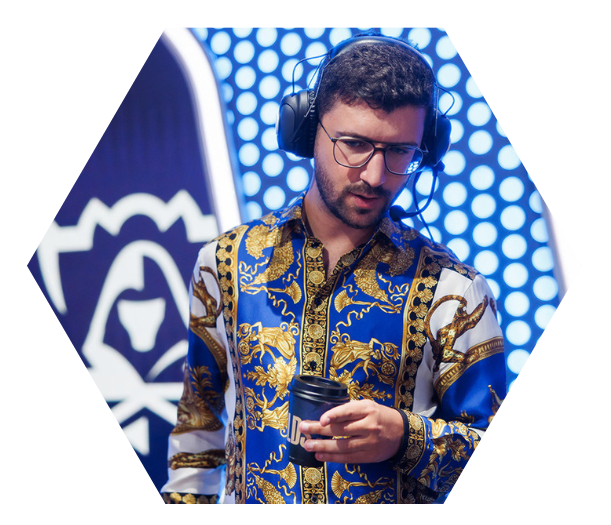
Though primarily known as a coach, YamatoCannon began as a professional League of Legends player. His career as a coach has made a significant impact on the competitive scene, with a leadership style that’s both motivational and strategic. His journey shows that players can remain influential in esports long after their time in the spotlight.
Sasha “Scarlett” Hostyn, Age: 31
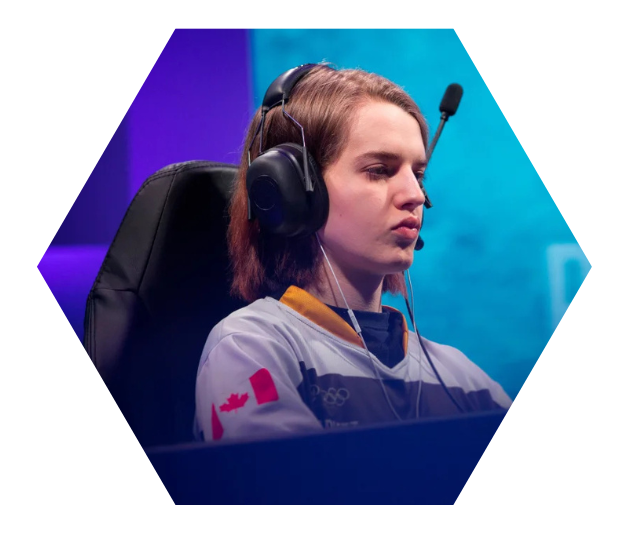
A trailblazer in StarCraft II, Scarlett is renowned for her exceptional Zerg gameplay and for breaking barriers as one of the most successful female esports players. Her longevity in such a high-skill, high-stress game as StarCraft II has made her an iconic figure in esports.
Benjamin “DeMusliM” Baker, Age: 35
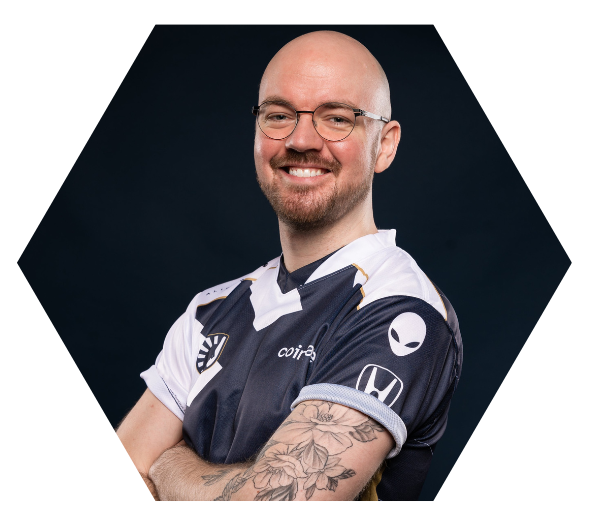
Known for his prowess in both WarCraft III and StarCraft II, DeMusliM is a highly respected figure in the RTS community. His career, spanning multiple games and years, now includes work as a streamer and influencer, allowing him to share his skill and insights with fans.
Lee “Flash” Young Ho, Age: 32
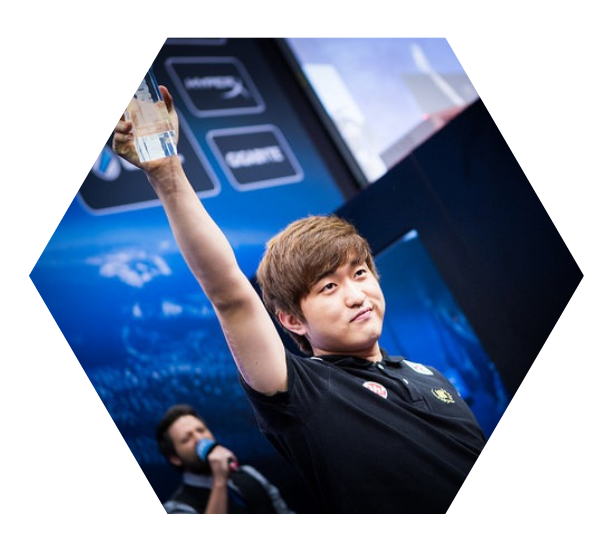
Widely regarded as one of the greatest StarCraft players of all time, Flash dominated both Brood War and StarCraft II, showcasing an incredible level of skill and strategic thinking. Although he retired in 2021, his legacy remains strong, and he is revered as a genius in RTS gaming.
Filip “NEO” Kubski, Age: 37
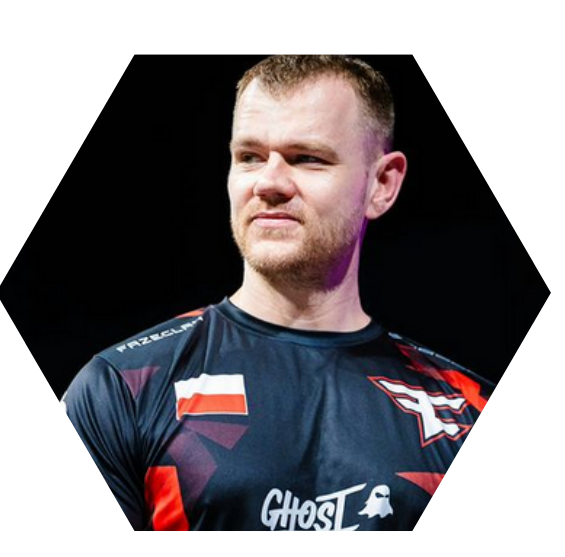
NEO is a legendary figure in CS and Counter-Strike 1.6, with a career spanning over 15 years. Known for his precise aim and tactical mind, NEO has won numerous championships, exemplifying consistency and longevity in the FPS genre.
Alexei “Cypher” Yanushevsky, Age: 34
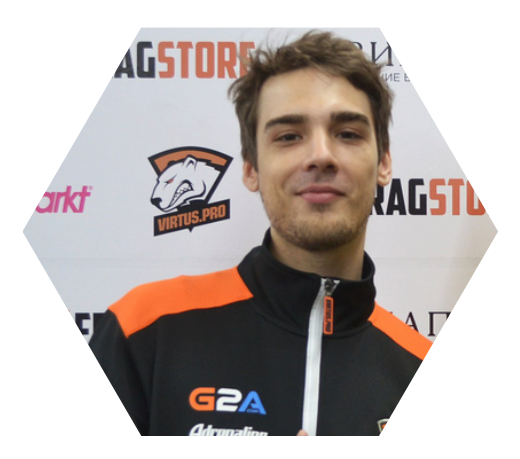
A veteran of the Quake series, Cypher is renowned for his quick reflexes and deep strategic understanding in one of the fastest-paced FPS games in esports. His impressive skill and success in Quake have earned him a lasting reputation within the arena shooter community.
Peter “ppd” Dager, Age: 33
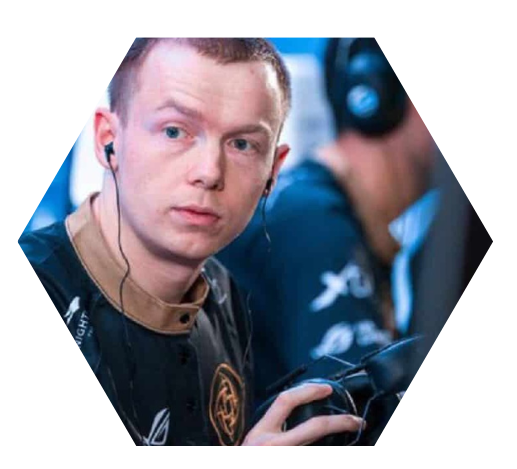
Formerly the captain of Evil Geniuses, ppd is best known for leading his team to victory at The International 2015 in Dota 2. Known for his leadership and tactical prowess, ppd has continued to contribute to the Dota 2 scene as a manager and commentator, making him a respected figure in esports.
Johan “N0tail” Sundstein, Age: 31
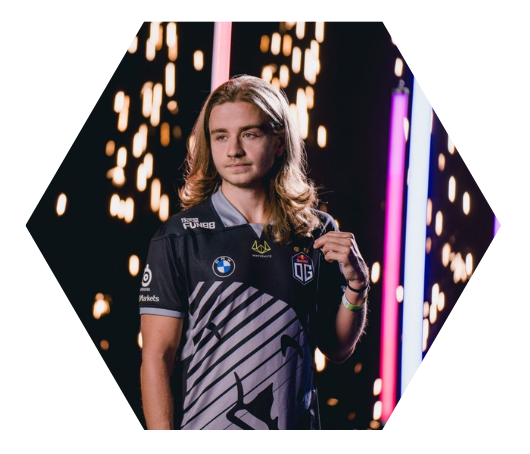
As one of the most celebrated players in Dota 2, N0tail led OG to multiple victories at The International, solidifying his legacy as a world-class competitor. His strategic mind and leadership have shown that experience and teamwork can sustain an esports career and inspire the next generation of players.
Why Are Older Esports Players Thriving?
What sets these players apart is their ability to leverage experience to compensate for any slight reductions in physical reaction time. As time passes, your favorite esport pro edges near the cliff of no return, hitting the big 3-0.
And while many choose to retire and venture into other careers, there are many who stay in the game and use their age and experience as an edge over the field.
And there are several reasons why older esport players are getting ahead.
Strategic Depth
Veteran esports players have an edge when it comes to understanding game mechanics, strategies, and meta shifts. They know when to take risks, how to read opponents, and can anticipate plays based on years of experience.
Mental Resilience
Esports can be mentally taxing, and the high-pressure environment of professional tournaments demands emotional stability. Older players often have better mental fortitude, having developed coping mechanisms over years of competition. They’re less likely to tilt and can maintain focus under stress.
Adapting to New Roles
In some team-based games, older players shift to roles that require less mechanical skill but more strategic insight. In games like Counter-Strike: Global Offensive, for example, older players often take on leadership roles as in-game captains, calling the shots and guiding younger players.
Physical and Mental Conditioning
Many esports professionals over 30 understand the importance of physical and mental fitness. They incorporate exercise, meditation, and even dietary adjustments into their routines to keep themselves at peak performance.
Challenges Older Players Face in Esports
While these players are breaking boundaries and proving that age is just a number, they still face unique challenges that come with being veterans in a young person’s game. Despite their skill and experience, maintaining peak performance and staying competitive in an industry that celebrates new talent can be an uphill battle.
Balancing Life Outside of Gaming
Many older players have families, additional jobs, or other responsibilities that younger players may not have, which can impact their ability to train and compete at the same level.
Physical Limitations
Despite their mental advantages, older players may find it harder to compete in games that require extremely fast reflexes. Even the most experienced players can struggle to keep up with younger competitors in games that demand rapid-fire responses.
Career Longevity
The esports industry is still adapting to the concept of long-term player careers, and players over 30 often face uncertainty about team contracts, sponsorship deals, and fan support.
Can You Be an Esports Pro After 30?
With the long list of esports professionals over 30, it’s clear the answer is yes, but it does come with its challenges. While most esports pros start young, entering the field after 30 isn’t impossible. You’ll need a unique combination of discipline, dedication, and willingness to adapt to a rapidly evolving industry.
Here’s what you need to know to get started:
- Choose the Right Game – Some games are more forgiving for older players than others. Tactical shooters, strategy games, and MOBAs often rely more on strategic thinking than raw reaction time, making them a great choice for those over 30.
- Invest in Training – As with any competitive field, training is crucial. Invest in a good gaming setup, and consider hiring a coach or joining online training communities. Sites like GamerSensei and ProGuides offer coaching and resources for various games.
- Focus on Physical and Mental Conditioning – Physical and mental resilience become even more important as you age. Regular exercise, proper nutrition, and stress management can help you stay sharp and energized, which is essential for success in esports.
- Build a Personal Brand – If you’re starting later in life, leverage your age as an asset. Many fans appreciate the unique perspective that older players bring to the table. Use social media and streaming platforms to share your journey, which can help you build a fanbase and attract sponsorships.
- Find Your Niche – You don’t have to aim for the top-tier tournaments right away. Starting with smaller, local competitions can help you gain experience and confidence. Additionally, focusing on a specific game mode or role within a team (like in-game leader) can make you indispensable.
- Network and Join Communities – Networking is a key part of breaking into esports. Join online communities for the game you’re interested in, connect with other players, and participate in tournaments and events to get noticed.
Changing Perspectives: The Benefits of Having Veterans in Esports
The presence of older players in esports has benefits for both teams and the industry as a whole:
- Leadership and Mentorship
- Attracting a Broader Audience
- Role Models for Longevity
Older players in esports bring way more than just skills to the table—they add depth, experience, and a bit of wisdom that younger players benefit from. They often become mentors, guiding new talent and setting the bar for professionalism and teamwork.
Plus, veteran players attract a broader, more mature fan base that finds inspiration in seeing someone their age competing at the top. They’re living proof that esports isn’t just a young person’s game, which pushes the industry to invest in resources like mental health support and physical training to keep athletes at their best for the long haul.
The Future of Age in Esports: What’s Next?
The emergence of e-sports veterans may well lead to a more sustainable career path for players in the future. Besides, it’s not like when you hit the age of 30, you must quit playing video games. If anything, with a more stable life, career, and less partying, why wouldn’t us older dudes spend more time playing video games?
There is life after competing as a professional e-sport player. Gaming organizations are recognizing the value of experience and are hiring veteran players not just as competitors but as coaches, commentators, and brand ambassadors. Whether you’re an aspiring pro or just a fan, you don’t need to be in your teens or 20s to enjoy or even compete—and win—at the highest levels.
Also Read:

